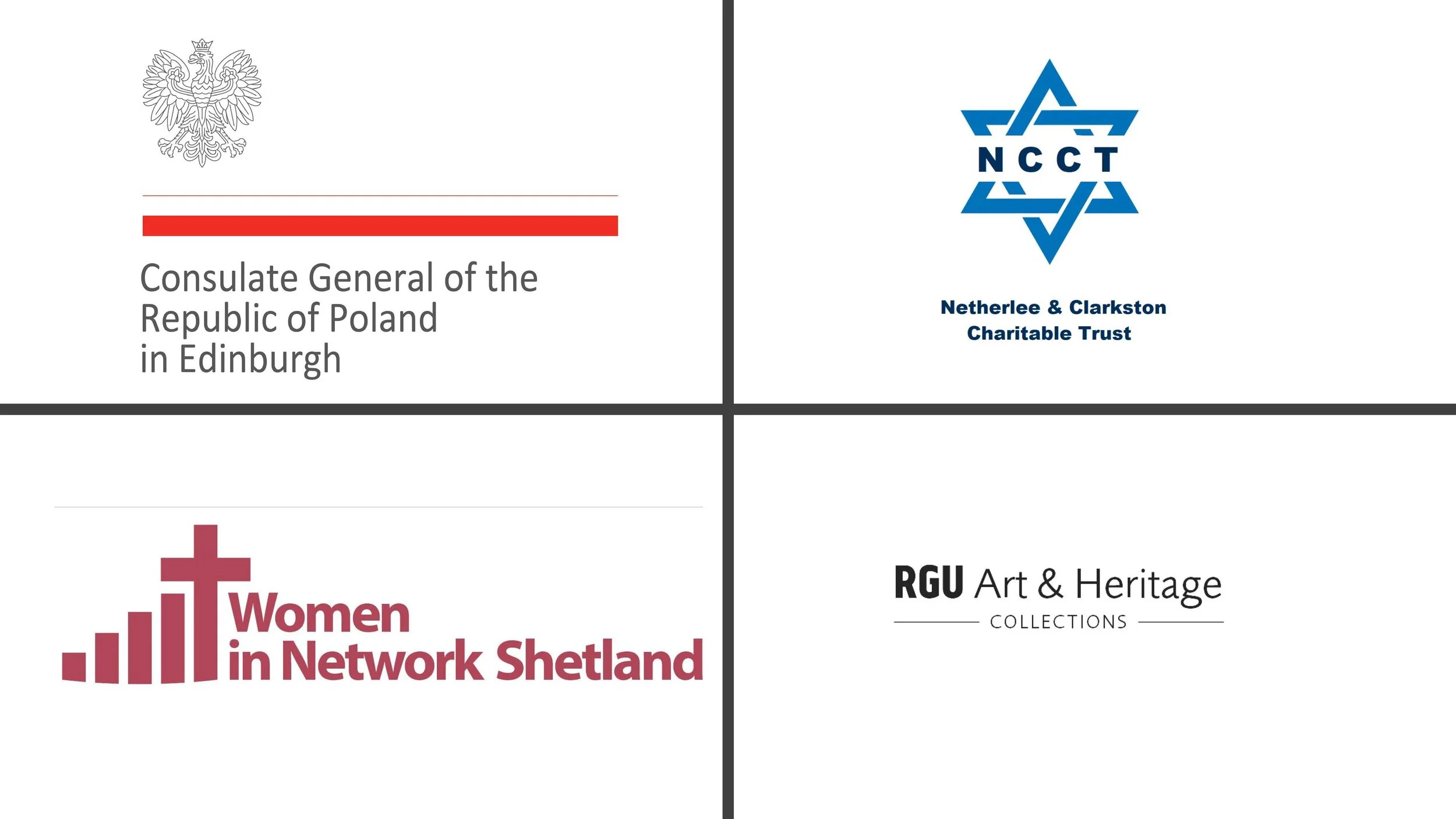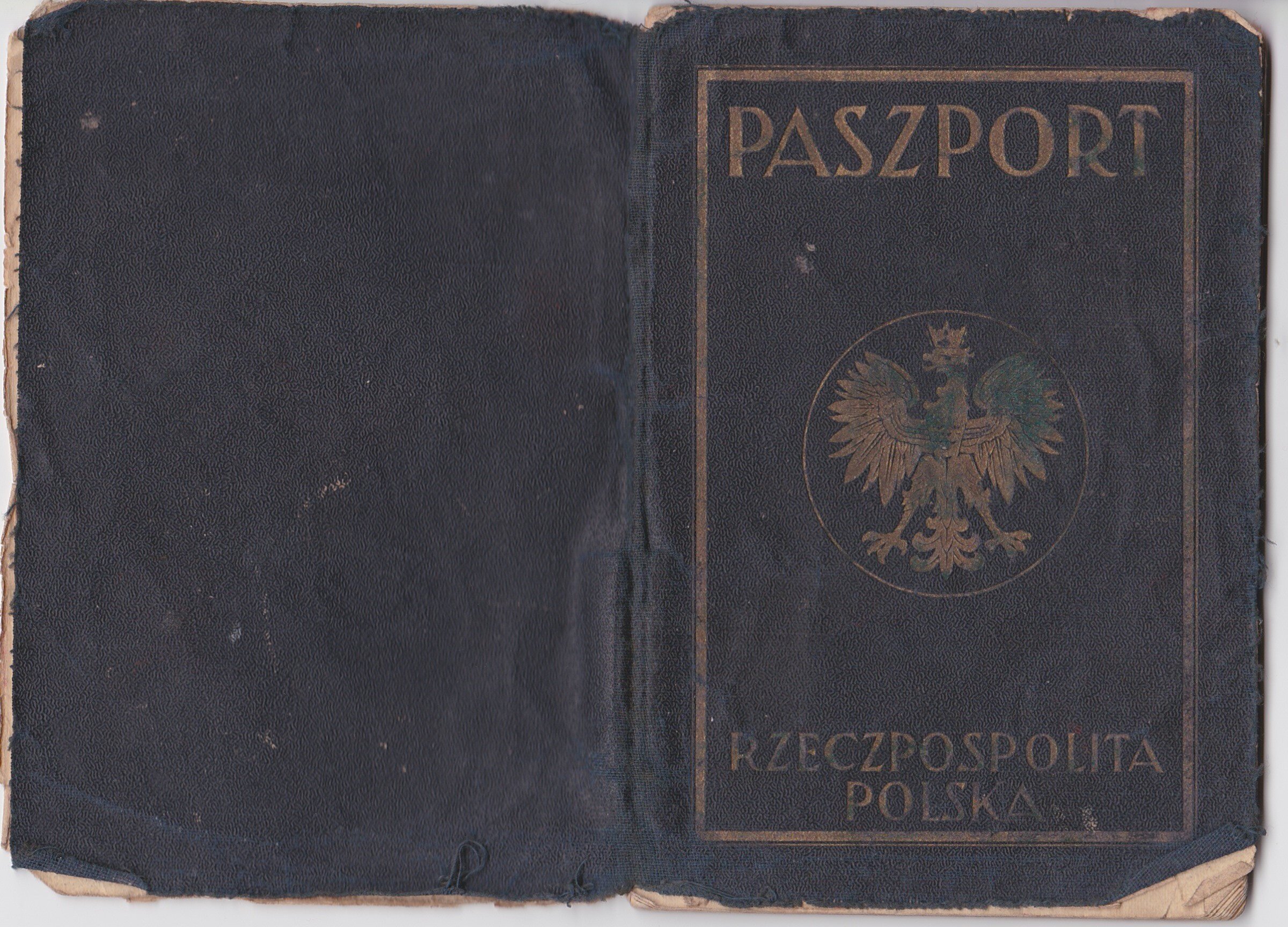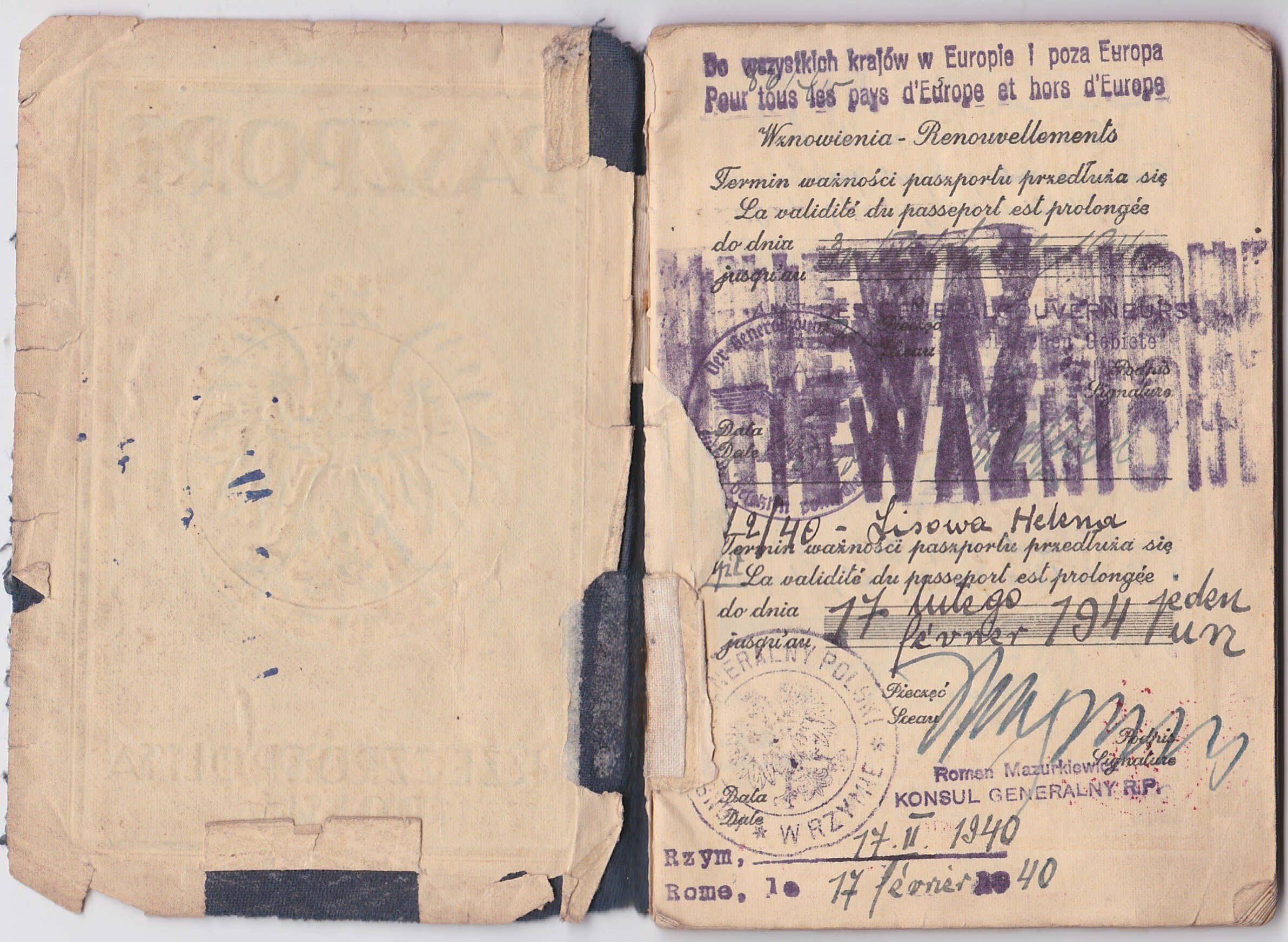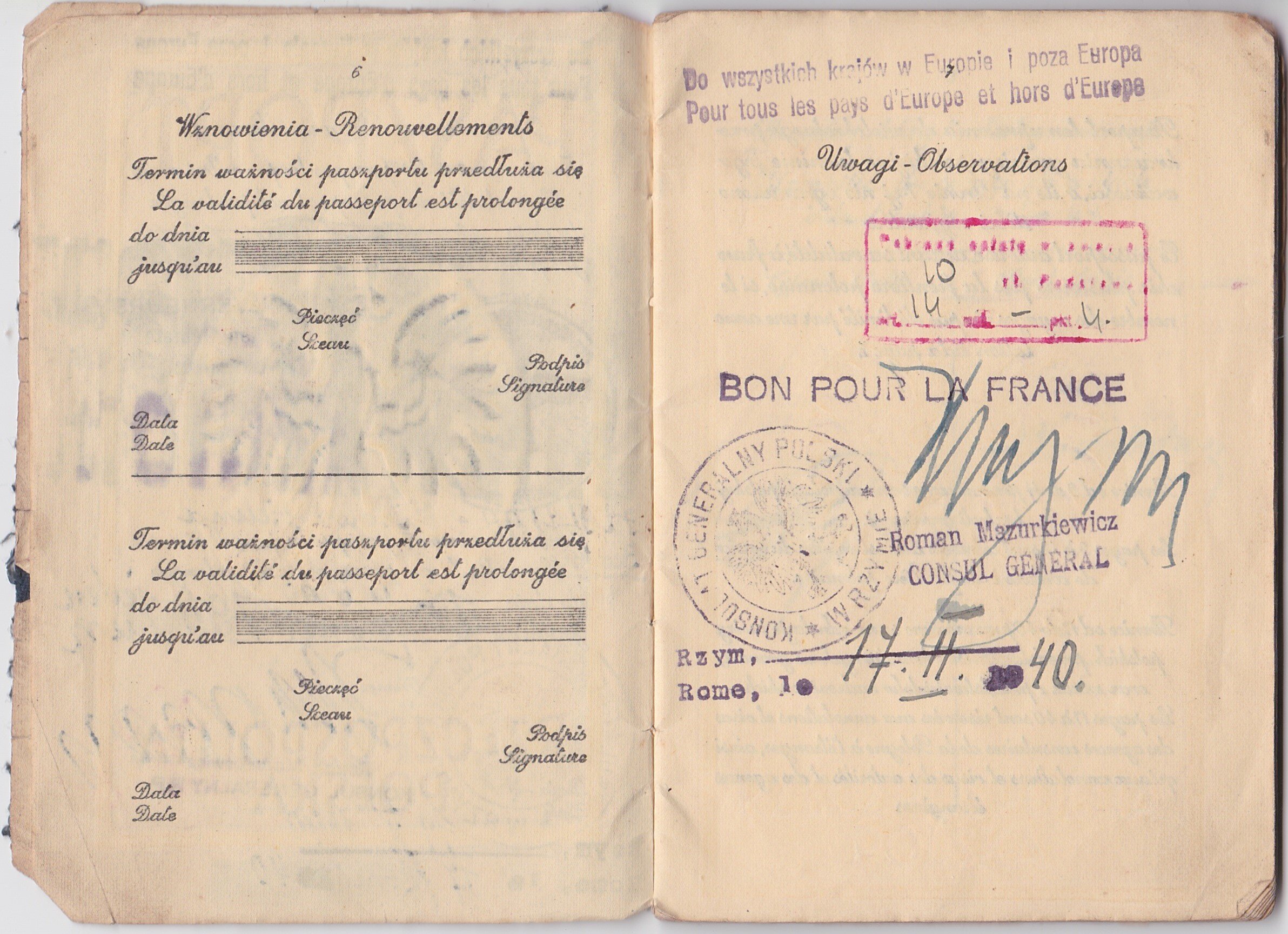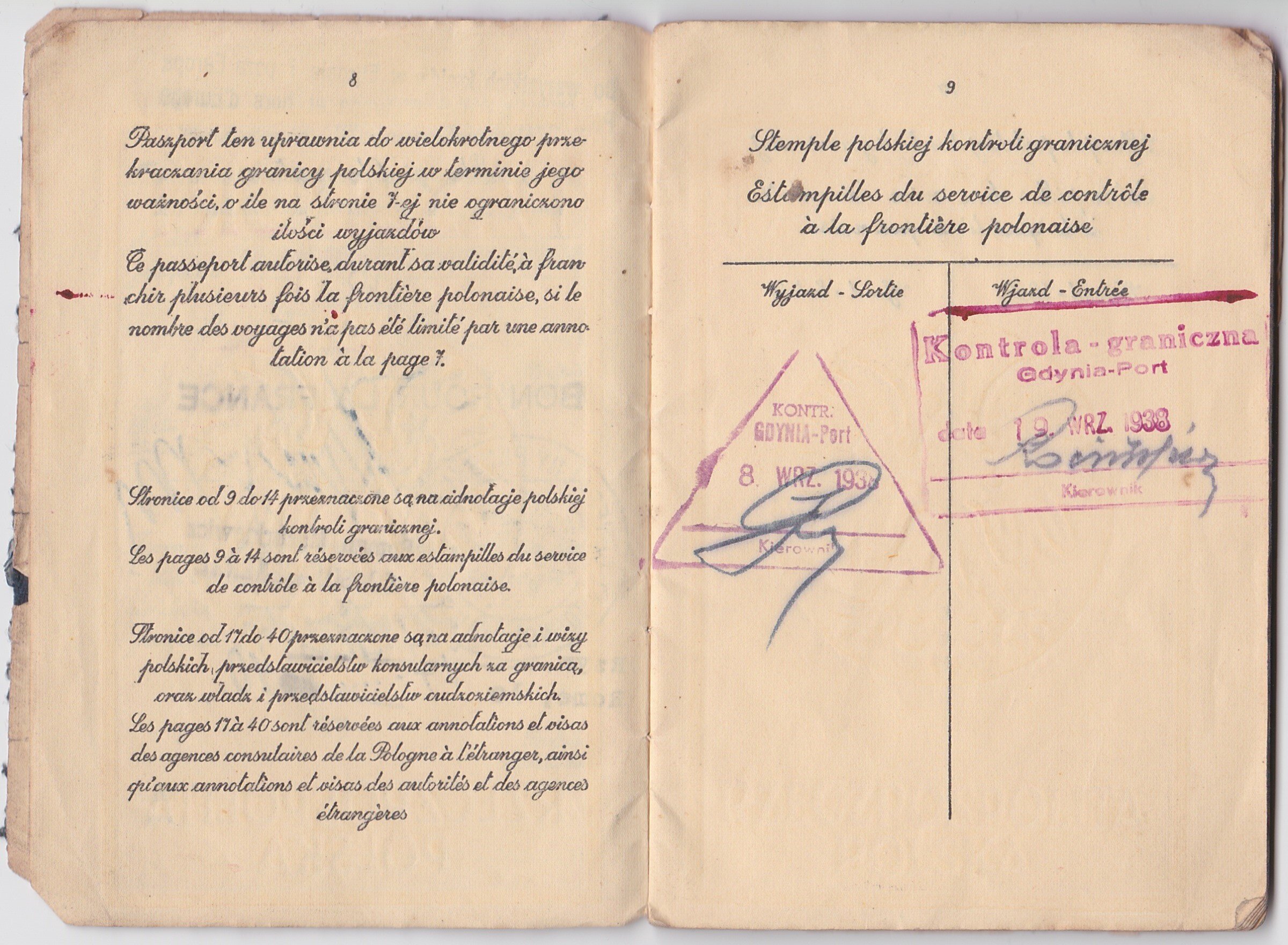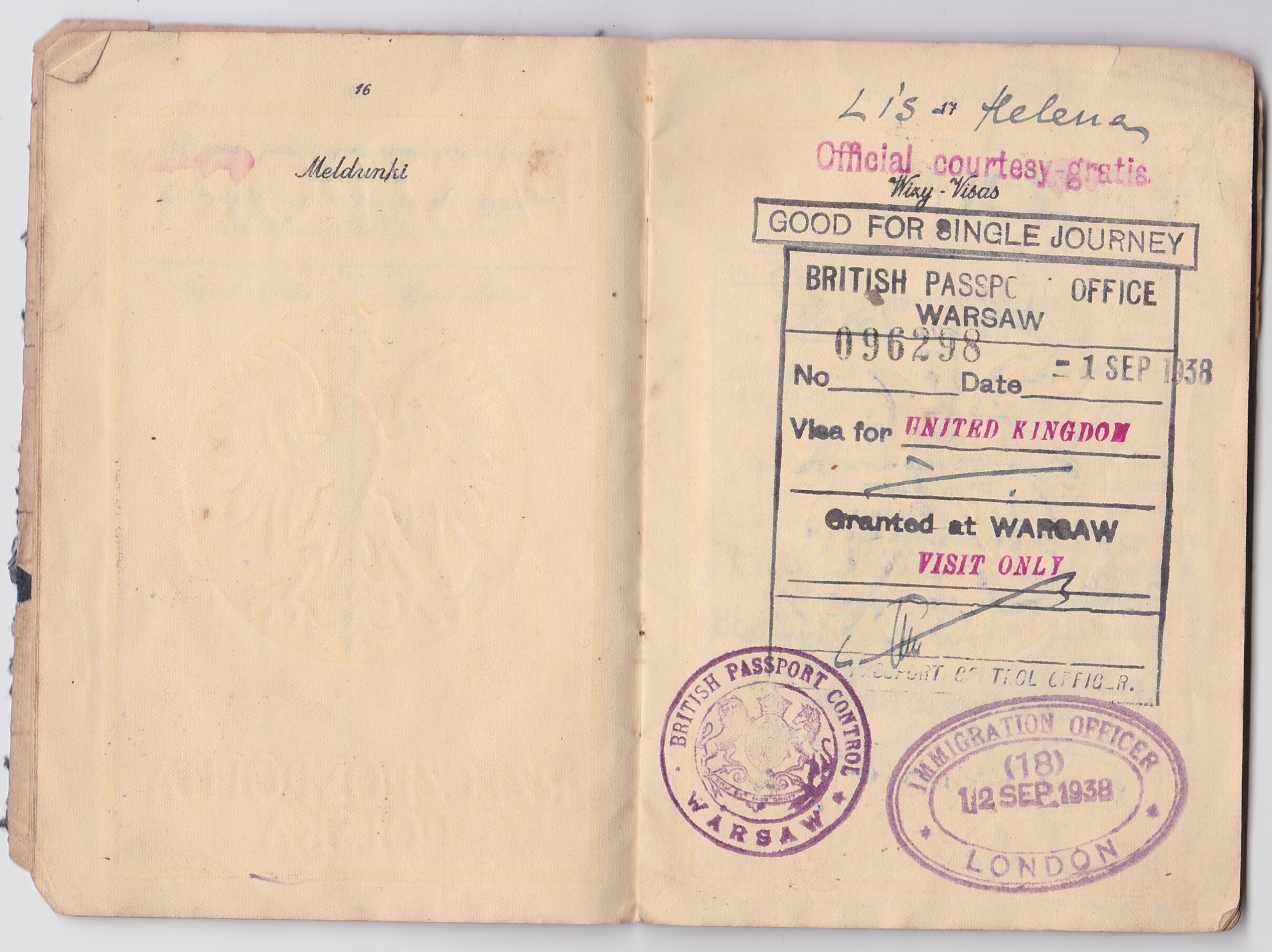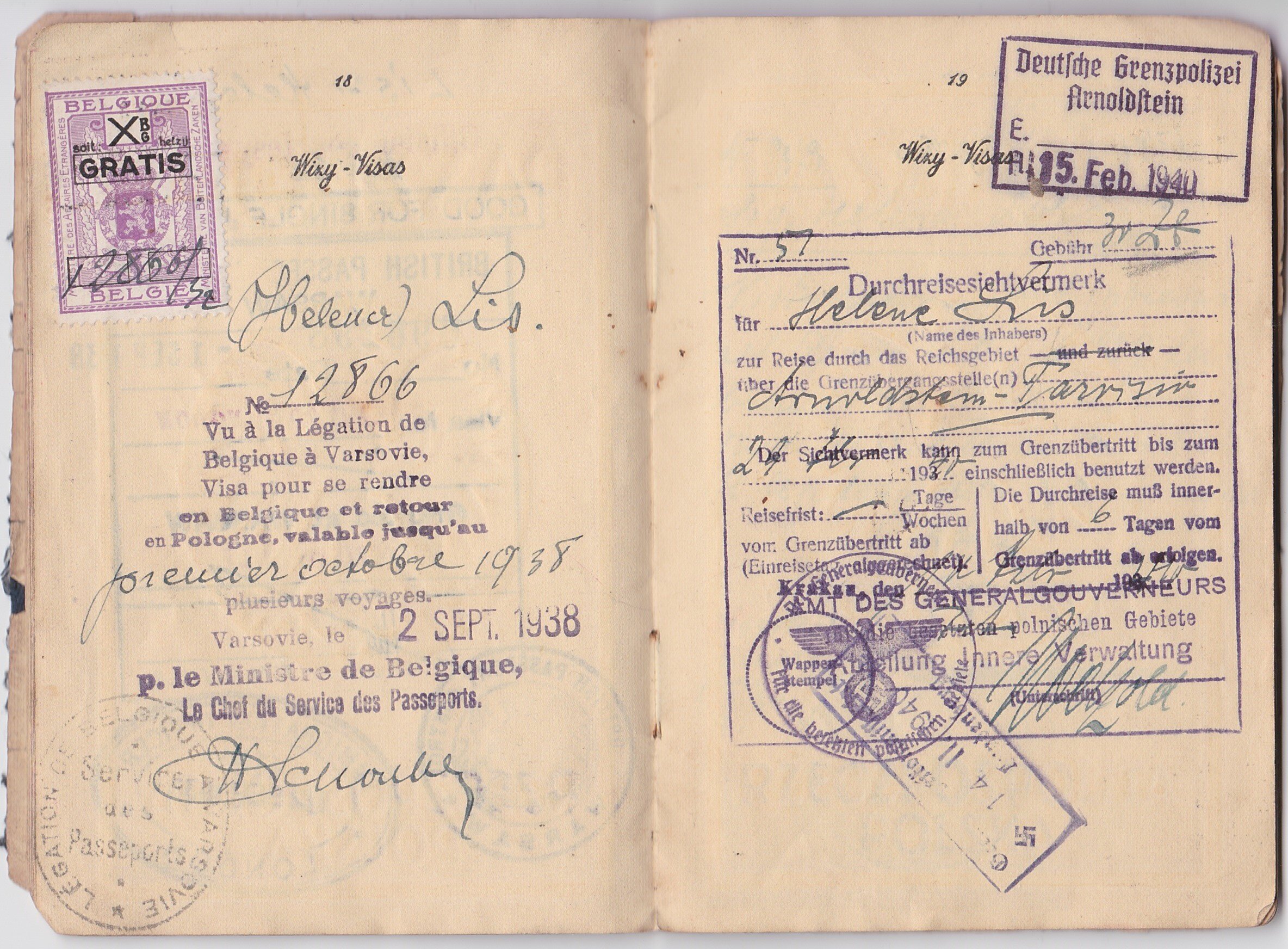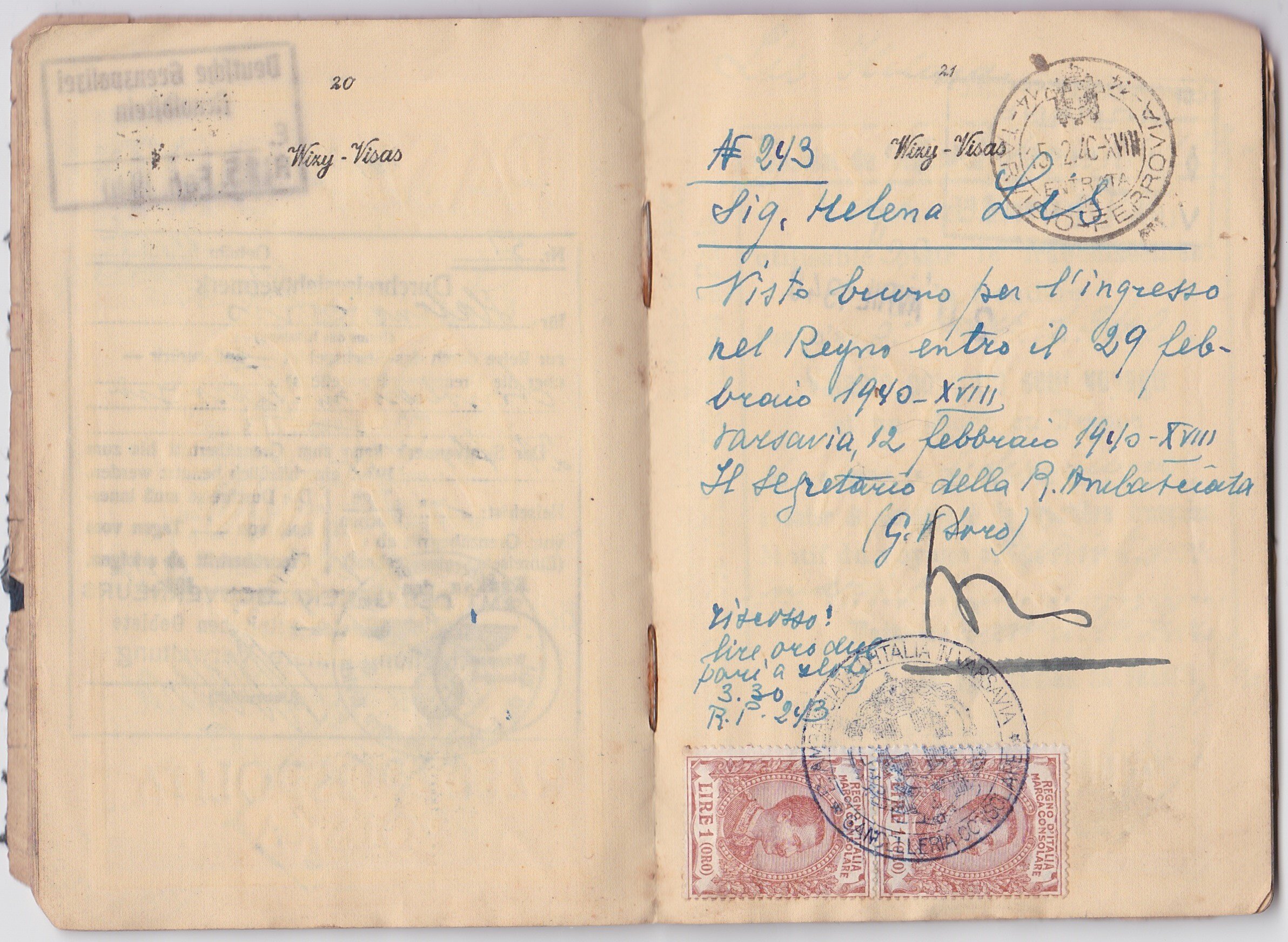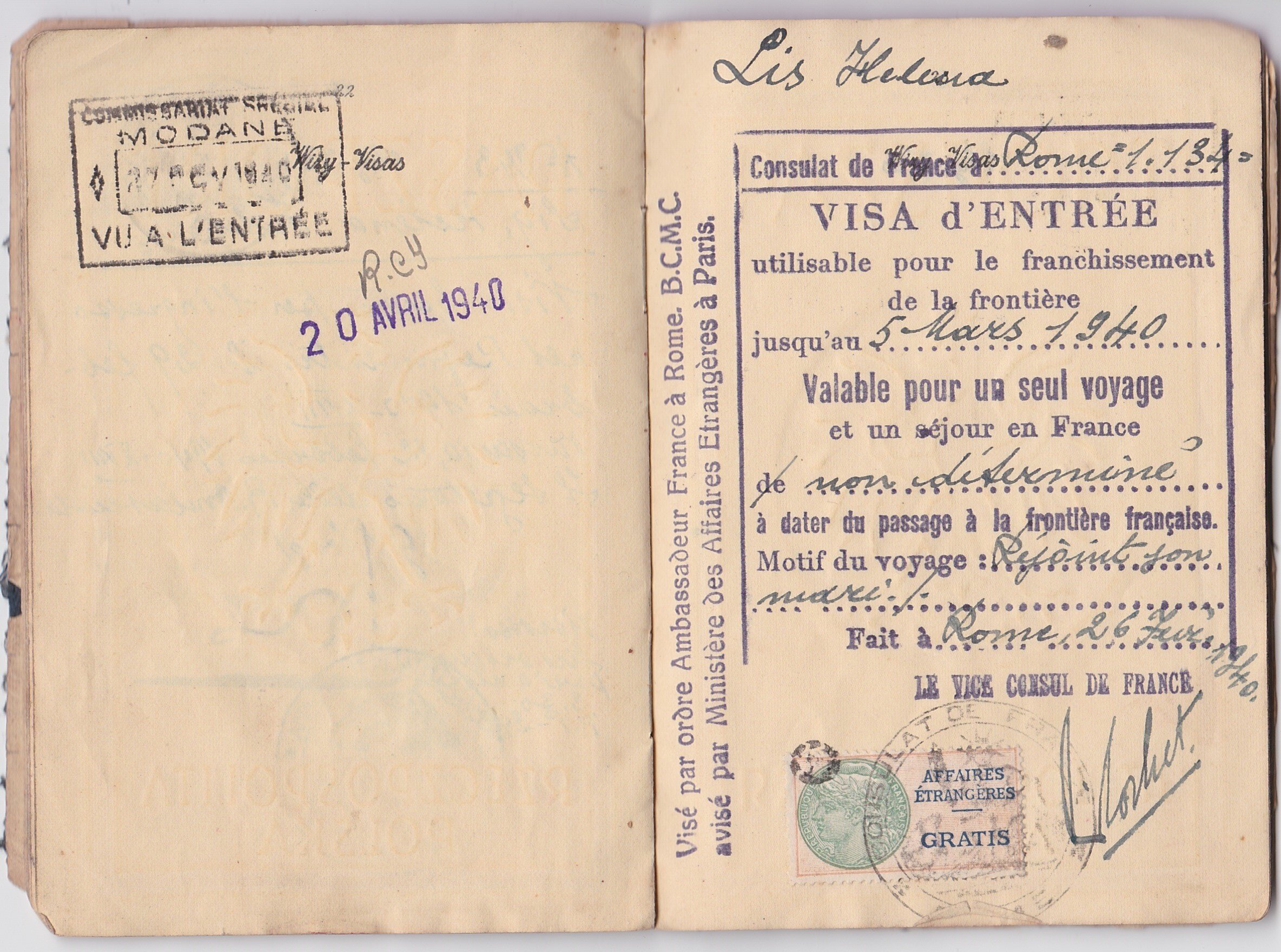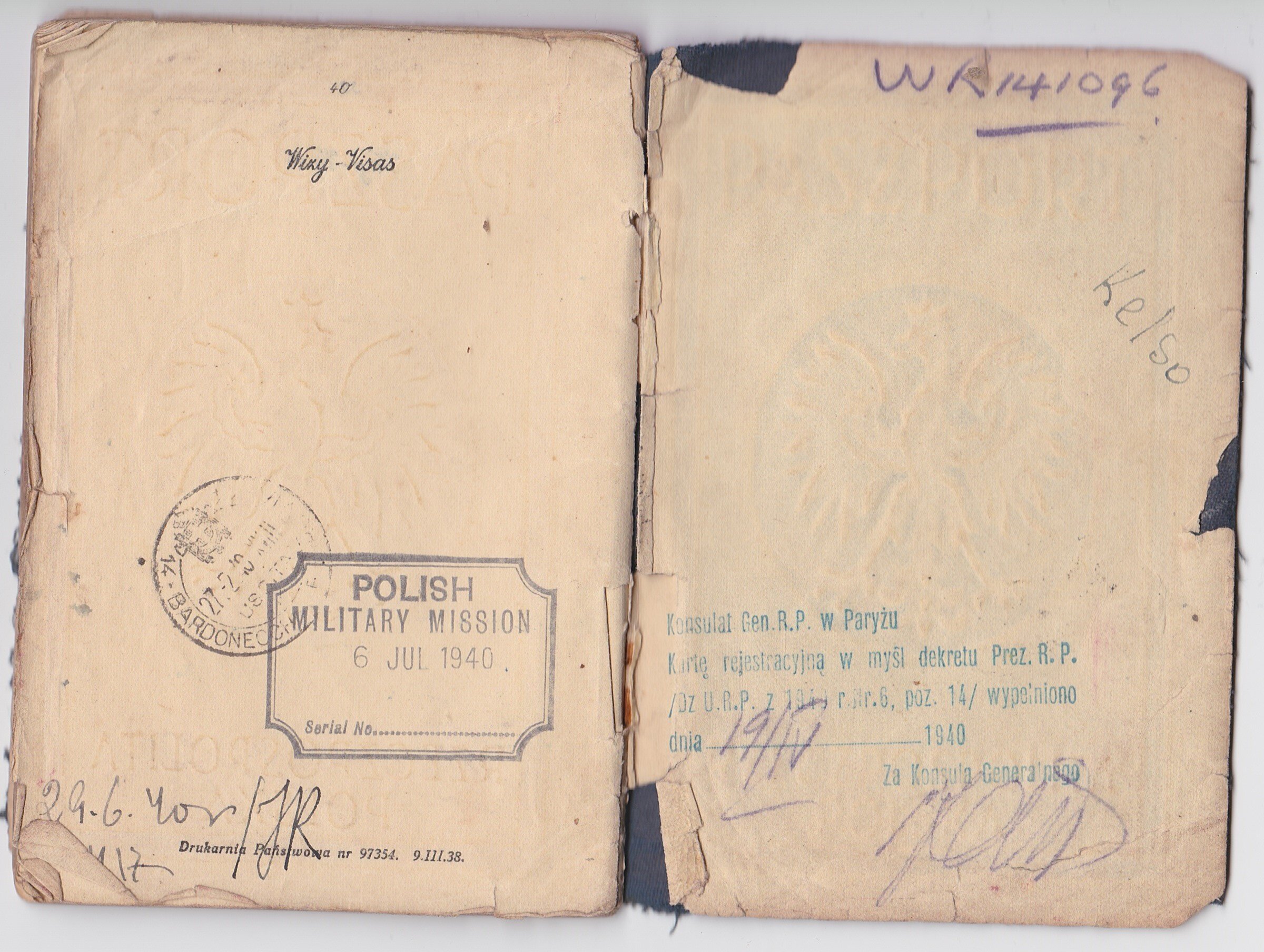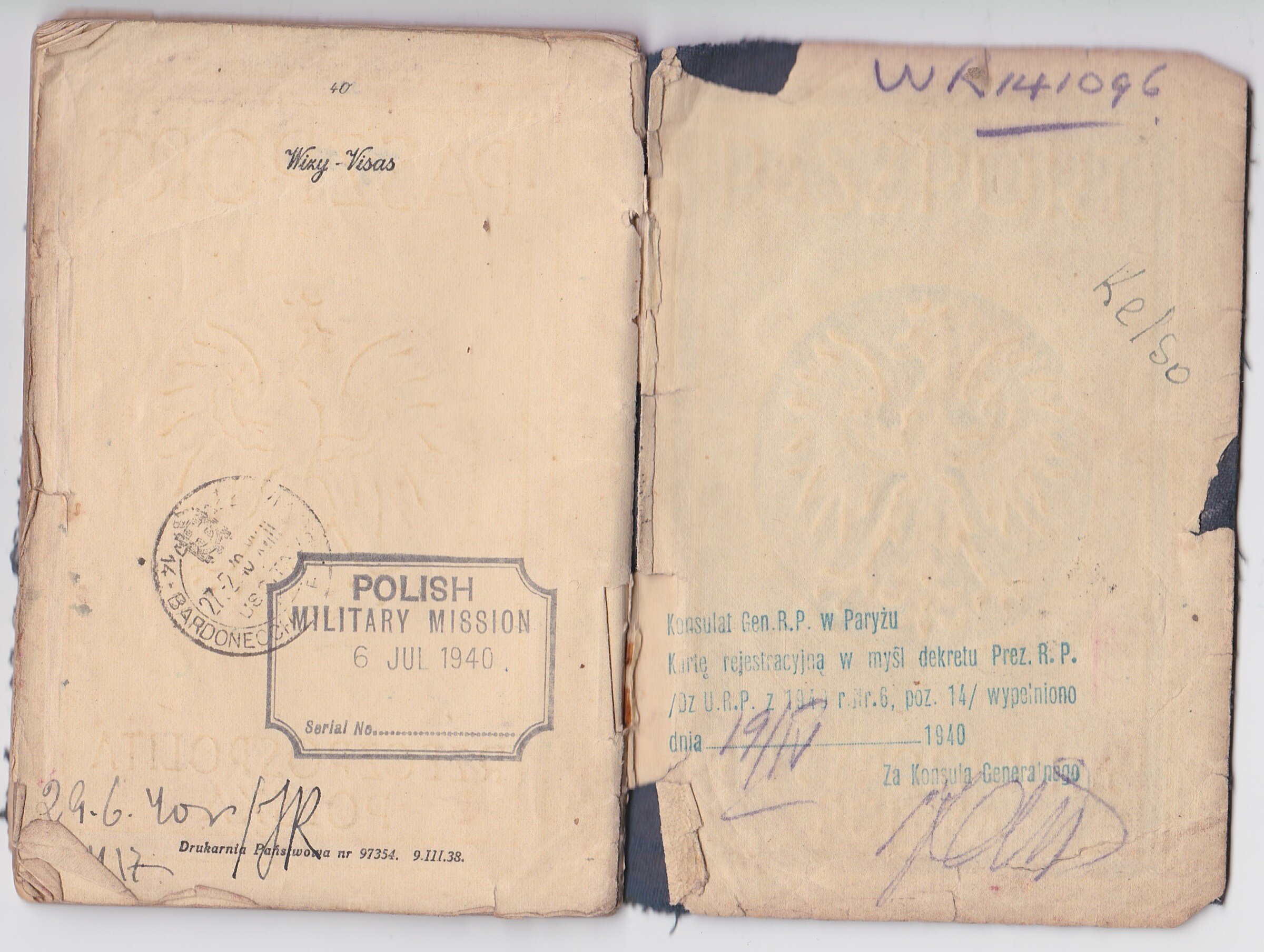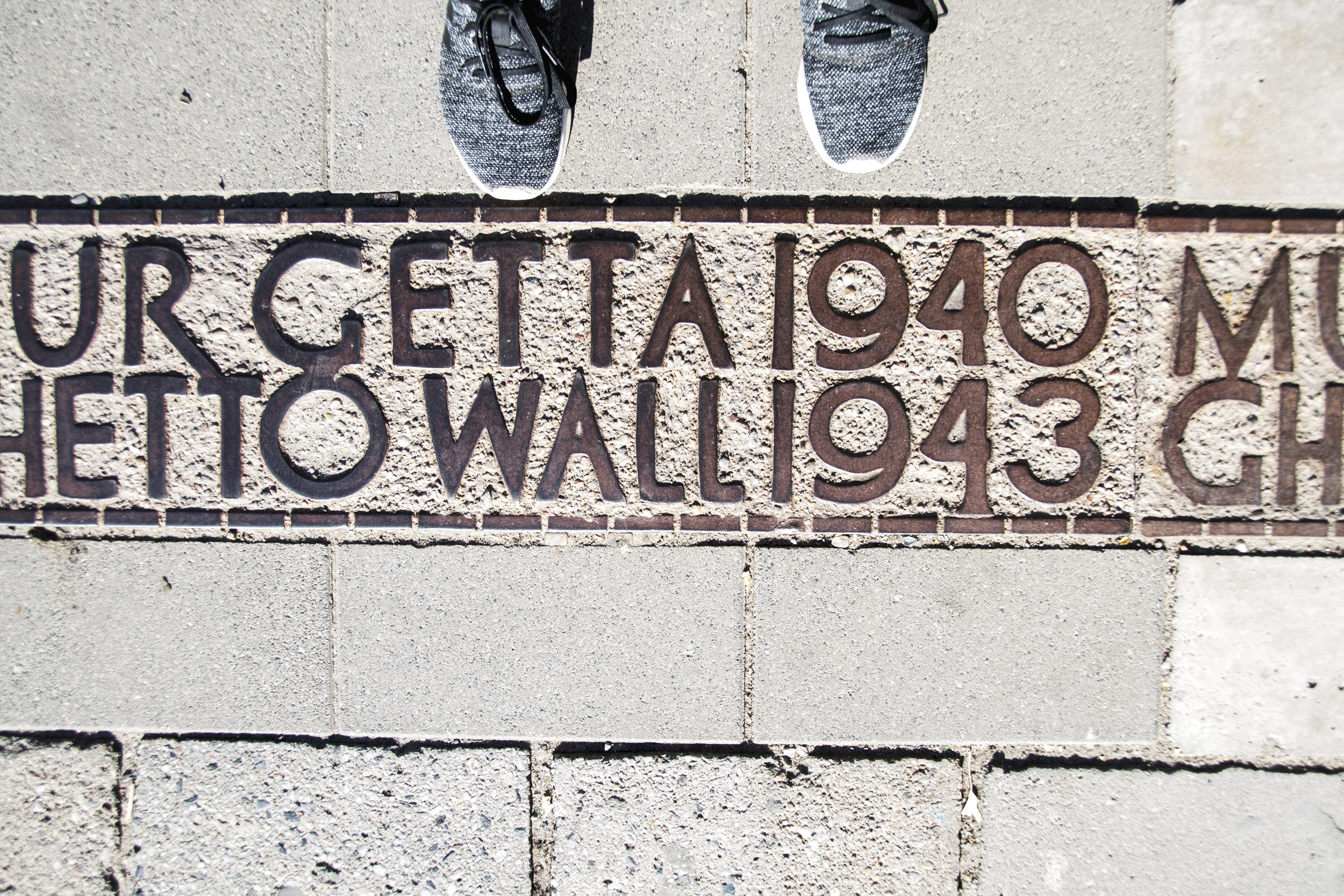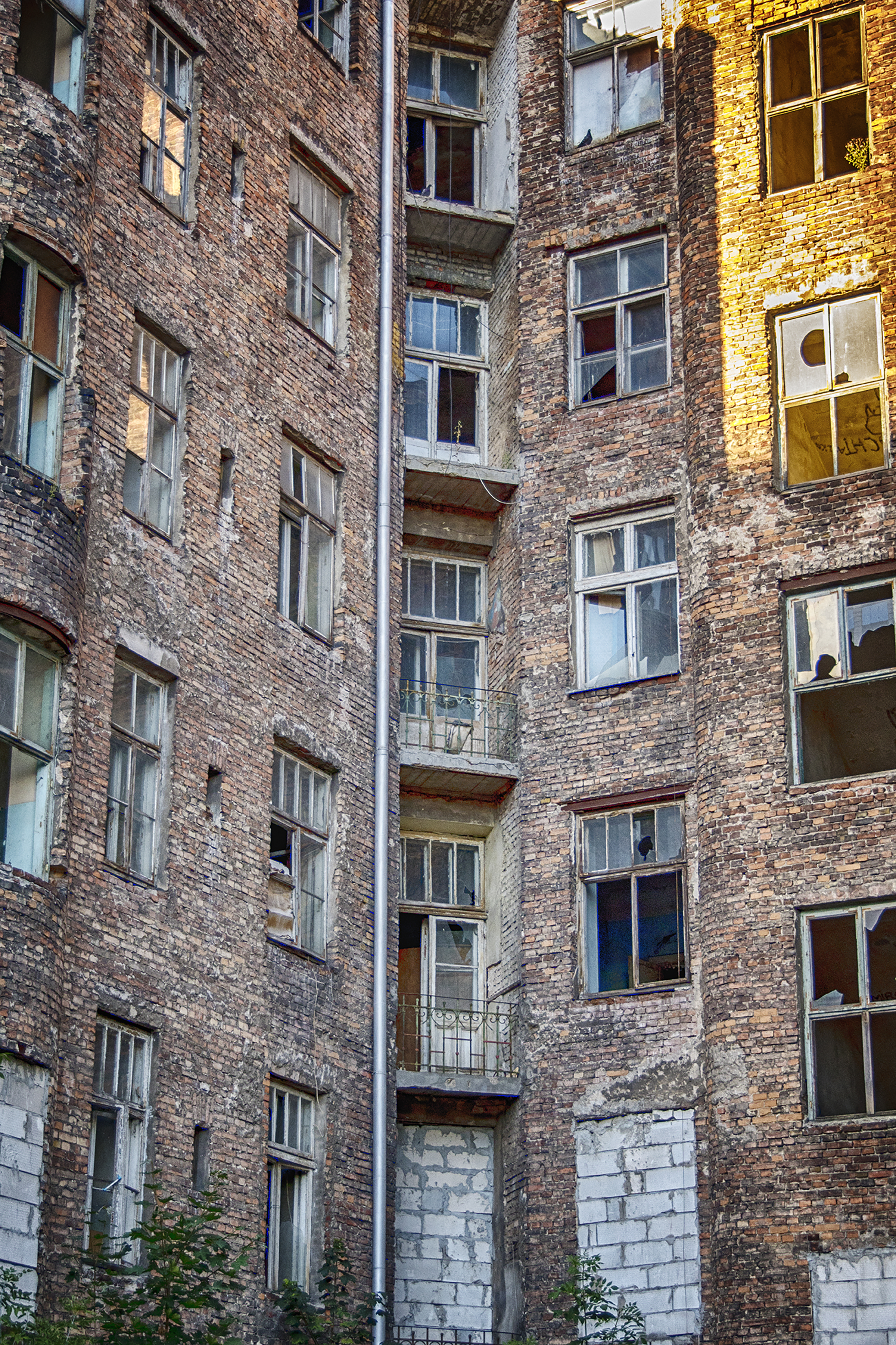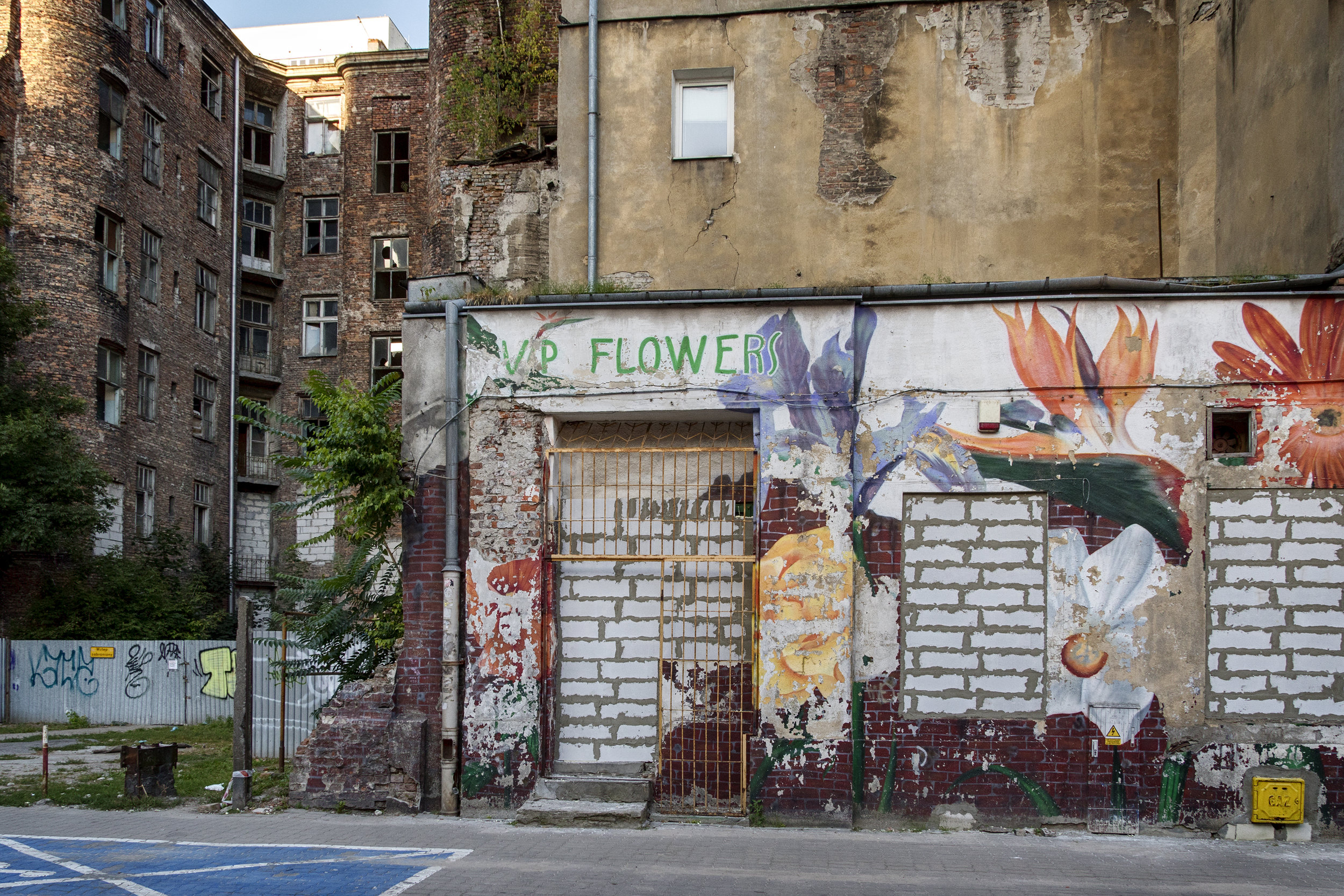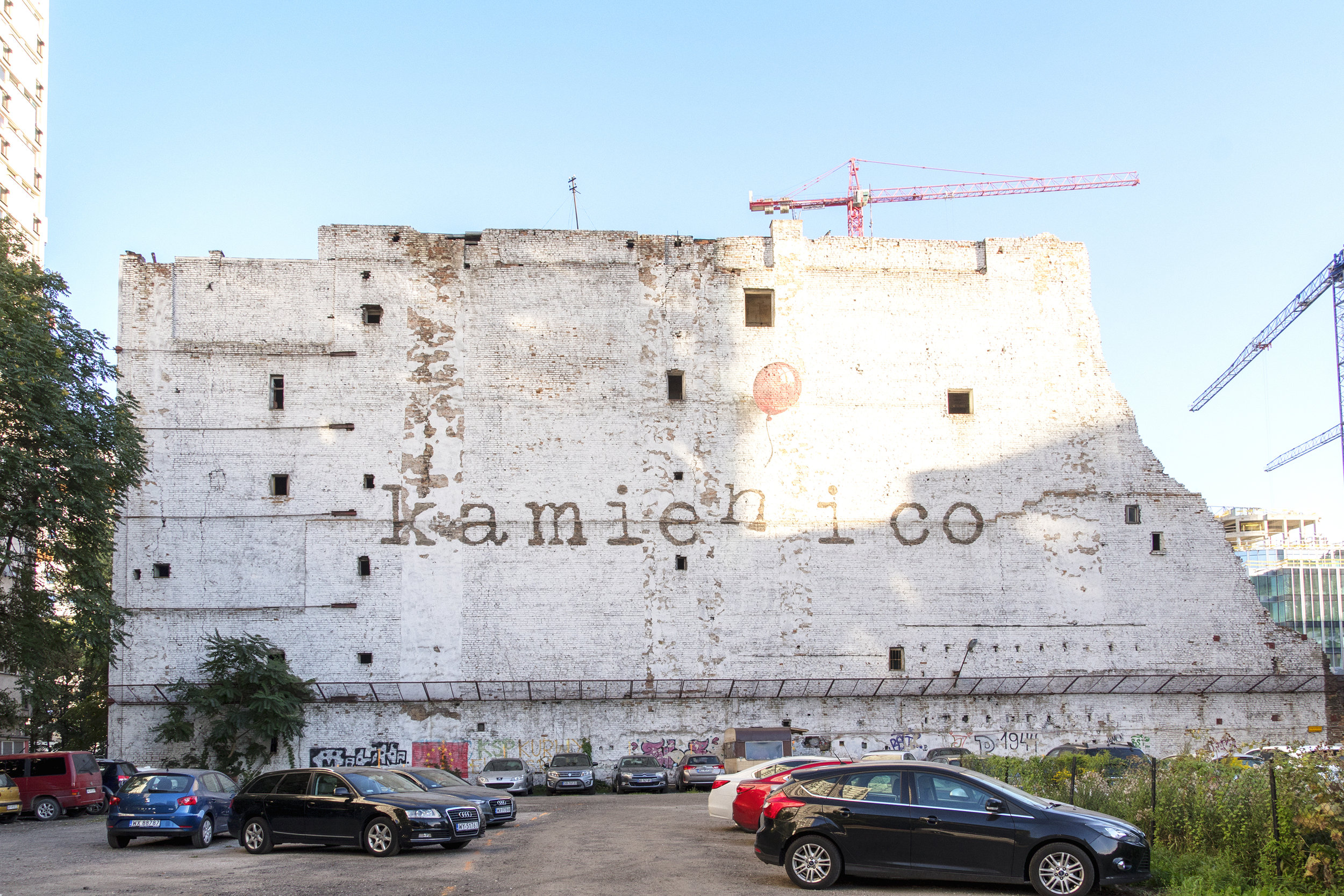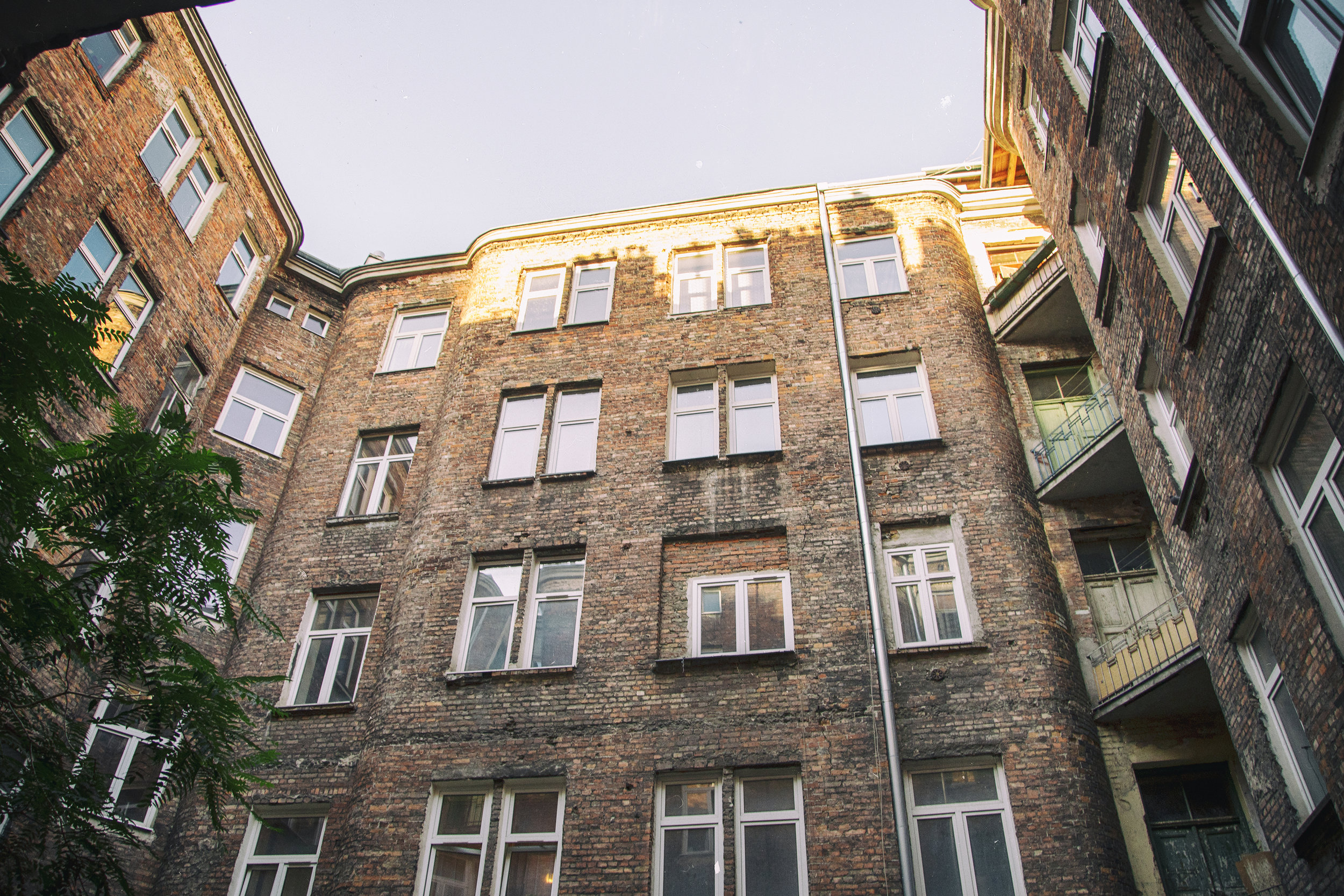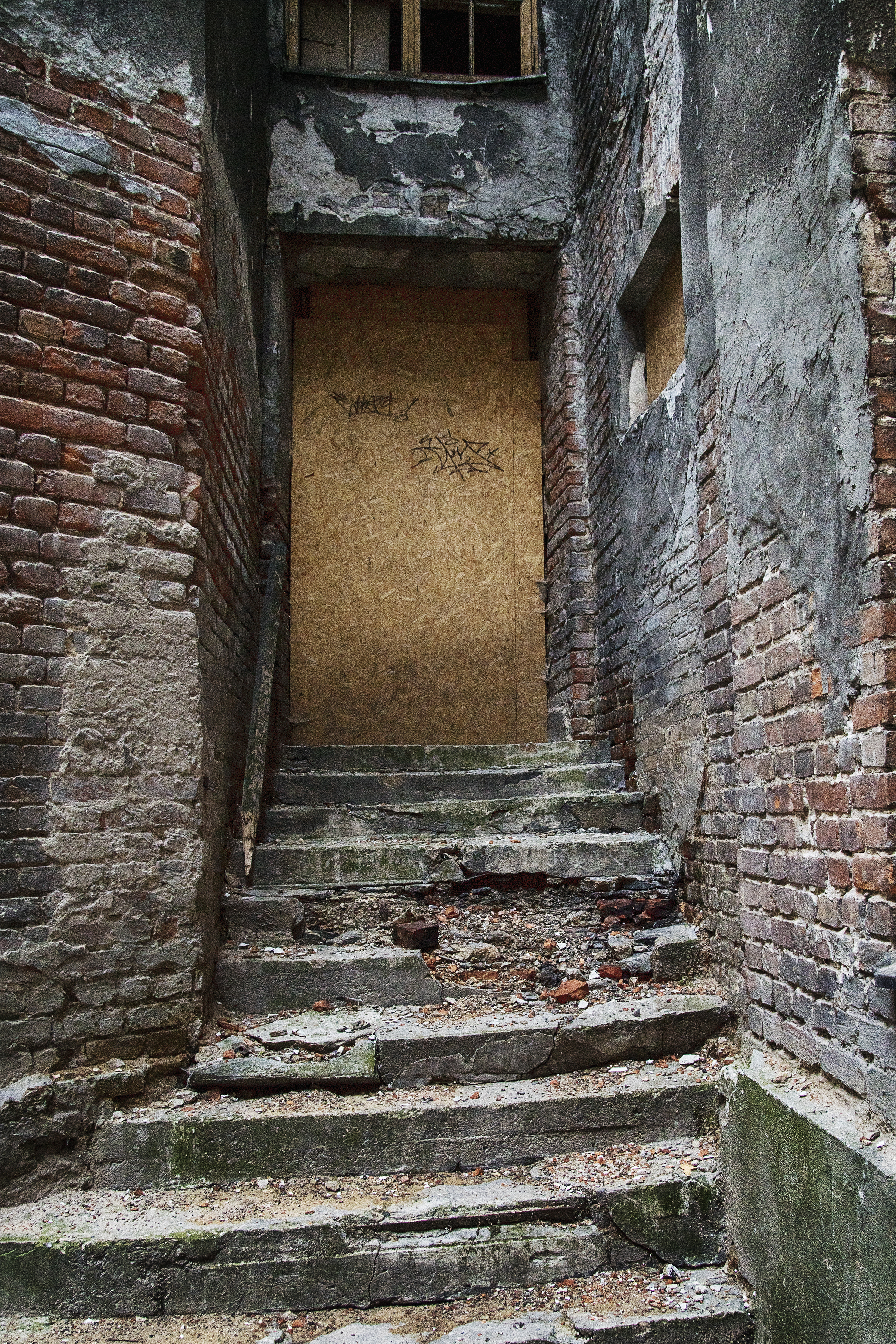Making Israel's terror victims known
(Part One)
‘Please take a seat’ © Jennie Milne 2018
Today I aim to give you a little insight into the documentary project ‘Do You Know My Name?’ a collection of stories gathered in Israel, each with a connection to terrorism.
Why did I choose to cover this theme? what prompted me, a 50-year mum who had spent 27 years in the home, to reach out to bereaved parents in another country, and then travel there to record their pain? How did I arrange to meet them? What was it like after traveling the length and depth of a foreign country learning one devasting story after another, to return to newly appreciated safety in the UK, and attempt to create a project that would engage others?
The subject of Palestinian terrorism towards the Jewish population in Israel is one that has received very little coverage and even less condemnation worldwide. Why is that? … a question that is especially pertinent considering the thousands of lives that have been taken in this way.
Ariel, Israel © Jennie Milne
To begin to answer these questions in a deserving manner would take a book, certainly not just a blog post, however, I must make a start. I promised each of those who graciously sat through my interviews and relived such raw pain, that I would do all I could to make their stories known. In the 19 months following the trip, my desire to do their stories justice - to provide a platform outside of Israel and the Jewish community, has not waned - in fact over subsequent months their stories have increasingly become intertwined with my own. Elie Wiesel, Holocaust survivor and author of ‘Night’ explained:
‘To listen to a witness is to become a witness’.
‘to listen to a witness is to become a witness’ ~ Elie Wiesel image © Jennie Milne 2018
Foremost I bear a responsibility to be a witness for those who trusted me with the most devastating losses of their lives, to create a space for them to speak through their silent portraits and give voice to their aching accounts. However, I believe my responsibility is not just to them, but to all of us.
In November 2019, 22-year-old Instagrammer Freddie Bentley shared on Breakfast television his view that learning about WW2 is bad for millenials mental health, arguing that ‘learning how many people died is not going to help anyone in the future’ He felt it was ‘too intense’. I was deeply troubled by his view and yet strangely understood his statement. Learning about the violent murder of anyone is shocking, (let alone the millions upon millions who perished during the war). Should we avoid the intensity of the facts to protect our minds?
Above Schechem/ Nablus © Jennie Milne 2018
It is difficult, even unbearable, to hear of another’s suffering, often it is so much easier to pass by on the other side with no responsibility for what we haven’t seen or heard. Why shoulder the burden?There are many justifiable reasons for this, and yet, I believe by seeking to do so we may miss not only the opportunity to help others, but rob ourselves of the blessing imparted by touching a life which has endured the fiercest of fires, yet retains an incredible ability to hope and to love. We need those powerful lessons so hard won by others, and show incredible ignorance if we dont understand their value.
Yes, we need to hear these stories, we must pass them on to our children; firstly because murder of the innocent demands justice. We lose something of our humanity when we bury our heads in the sand because ‘it isn’t happening to us’. ‘Never Again’ are the words so often invoked in relation to the Holocaust- words which should be learned and repeated and lived by until the end of time. Although there can be few, if any of the perpetrators from WW2 left to face earthly justice, we must seek justice for our own generation, on our own watch. We must not pass by on the other side pretending that we dont see. Justice is not only served by the capture and incarceration of the murderer. It must also be seen in protection of and advocacy for the innocent, solidarity against a wicked mindset which seeks and justifies the destruction of one soul - let alone a whole people.
“It is difficult, even unbearable, to hear of another’s suffering, often it is so much easier to pass by on the other side with no responsibility for what we haven’t seen or heard. ”
Jerusalem © Jennie Milne 2018
‘Do You Know My Name?’ was created in response to my unintentional discovery that the Jewish people still faced an age old evil, seeking their destruction; this time in their homeland, created to ensure their safety. I could not pass by. As I casually scrolled through my facebook newsfeed on the last day of June 2016, I was arrested by what I have come to term ‘the dangerous image’. Dangerous because the stark military image of a childs bloodsoaked bedroom was shocking on every level. Dangerous because of the evil let loose in that room which brutally and mercilessly took the life of an innocent 13-year-old Jewish girl. Dangerous because I could not unsee it, could not pass by on the other side, even if I chose to. Dangerous because it called me from the security of my home in Scotland to the very home in Israel where the child, Hallel Yaffa Ariel had been murdered. Knowledge demanded a response.
Hallel Yaffa Ariel © Rina Ariel
If we find ourselves drawn - as I was in this instance - our hearts moved, our sleep disturbed beacuse a story has invaded our peace, we must stop and listen. I knew nothing, that day in June, of the true extent of Palestinian terrorism in Israel. All I knew was that a beautiful child had been targetted because of her ethnicity, her parents left grief stricken, her little sisters, devastated and I expected, terrified. My daughter was a similar age and I did not dare imagine how I would have responded should she have suffered a similar fate. I made a connection based on a simple fact. Both Hallel Ariel and my daughter Faith were dancers. Sometimes that is all we need to stop and cross over with what little we may have to offer; it didnt matter that Hallel was an Israeli girl, that we had never met and lived cultures and continents apart.
Rina Ariel looking towards ‘the Vineyard of Hallel’ , planted in memory of her daughter © Jennie Milne 2018
On reflection I suppose you could add in the fact that I had discovered 2 years prior that my grandmother was Jewish, fleeing Poland during WW2, losing countless family in the Holocaust; that the fate of her people was fresh in my mind - or maybe that as a mother I could not imagine Rina Ariel’s grief and I wanted to let her know she was not alone. I wrote to Hallel’s parents, but it proved not to be enough. Hallel’s murder had caught my attention, yet I was to discover that ‘there are no shortage of terror victims in Israel’. Where was the outcry? The more I researched the more convinced I became that someone must comprehensively cover these stories. Eventually, in the absence of all but Guillio Meotti in his 2009 book ‘A New Shoah’ I decided I must do it. *
Ruth Gruber, the outstanding American journalist, photographer, writer, and humanitarian paved the way by stating;
“ You should have dreams, you should have visions. Never let any obstacle stop you. Everyone can look inside his or her soul and decide what he or she can do to make a world at peace, to end this fighting that goes on every day around the world. Look inside your soul and find your tools. I had two tools to fight evil. My camera and my pen”
To be continued
Finally meeting Rina. Kiryat Arba October 2018 © Jennie Milne

















